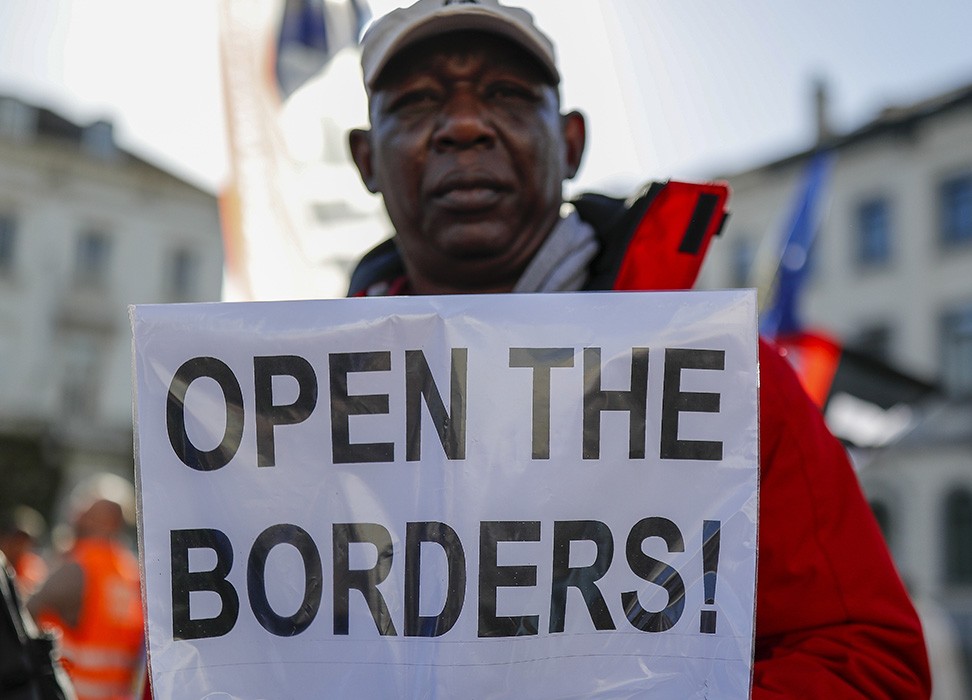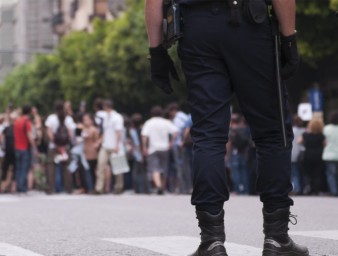Human Rights Committee examines States’ progress to recommendations
23 December 2022

This year, four countries have received top grades for their implementation of selected priority recommendations by the Human Rights Committee. These include Norway, Lithuania, Angola and Bulgaria that all received an 'A' grading during the Committee's follow-up examination.
The Human Rights Committee periodically examines reports on the implementation of the legal obligations of countries that have ratified the International Covenant on Civil and Political Rights (ICCPR). The Committee initiated the process of following up the implementation of its recommendations in 2001.
The Committee also indicated that in 2022, 75 percent of the States it reviewed had taken actions to implement selected recommendations that were largely or partially satisfactory.
The ICCPR aims to ensure the protection of a broad range of political and civil rights, in which countries that have ratified the covenant undertake to respect, protect and fulfil these rights ranging from right to recognition before the law to freedom of expression and freedom of peaceful assembly, among others.
"Follow-up process to concluding observations continuously confirms to be an essential part of the periodic review cycle in which the Committee engages in constructive dialogue with Covenant's States parties at various phases,” said former Committee Vice-Chair and Special Rapporteur on follow-up to concluding observations Vasilka Sancin. “It provides for an opportunity to particularly focus the attention and resources on three selected priority recommendations and provide pertinent information to the Committee which enables it to properly and timely assess the progress made.”
Grades are assigned to each area of concern in the Committee’s recommendations. These grades are: ‘A’ ‘largely satisfactory’; ‘B’ ‘partially satisfactory’; ‘C’ ‘not satisfactory’; ‘D’ ‘no cooperation with the committee or no follow-up report was received’; and ‘E’ ‘measures taken in response to the recommendation are contrary to or reflect a rejection of it’.
Norway received an ‘A’ grading on measures taken to ensure the rights of indigenous peoples, including amendments made to the Equality and Anti-Discrimination Act, to combat stereotypical and discriminatory attitudes and discriminatory practices towards Sami individuals and the Sami peoples
Lithuania was awarded an ‘A’ grading on the rights of migrants and asylum seekers, particularly with regards to the improved reception conditions in the Foreigners’ Registration Centre.
Increasing migration flows, induced by many factors all across the globe, present numerous additional challenges to States parties to the Covenant, said Sancin. “It is thus truly commendable that Lithuania in 2019, renovated the Foreigners’ Registration Centre, increased its capacity, opened a checkpoint and a dormitory for vulnerable asylum-seekers and created additional posts for social workers, psychologists and medical staff in the Centre,” she added.
While grading the State party's measures with the highest-grade A, the Committee nevertheless requested information from Lithuania on the crucial issue of access to social, psychological, rehabilitation and health-care services in the Centre and statistics on the number of beneficiaries of these services during the reporting period, explained Sancin.
Angola was also awarded an ‘A’ for efforts taken to limit excessive use of force by law enforcement officers. The country provided training to security forces and police officers on international standards on the use of force to and the respect of human rights, including during the state of emergency and disasters, as well as the inclusion of human rights in the curriculum of the National Institute of Judicial Studies to sensitize and train judges and prosecutors.
Finally, Bulgaria received an ‘A’ grading on measures taken with regards to freedom of expression, whereas training was provided to police officers, judges and prosecutors in human rights standards relating to freedom of expression and assembly and the lawful use of force.
In the country follow-up process, civil society organizations and national human rights institutions also participate in submitting information, providing further contextual insight about the local civil and political rights situation and impact of measures taken by countries to implement the Committee’s recommendations.



